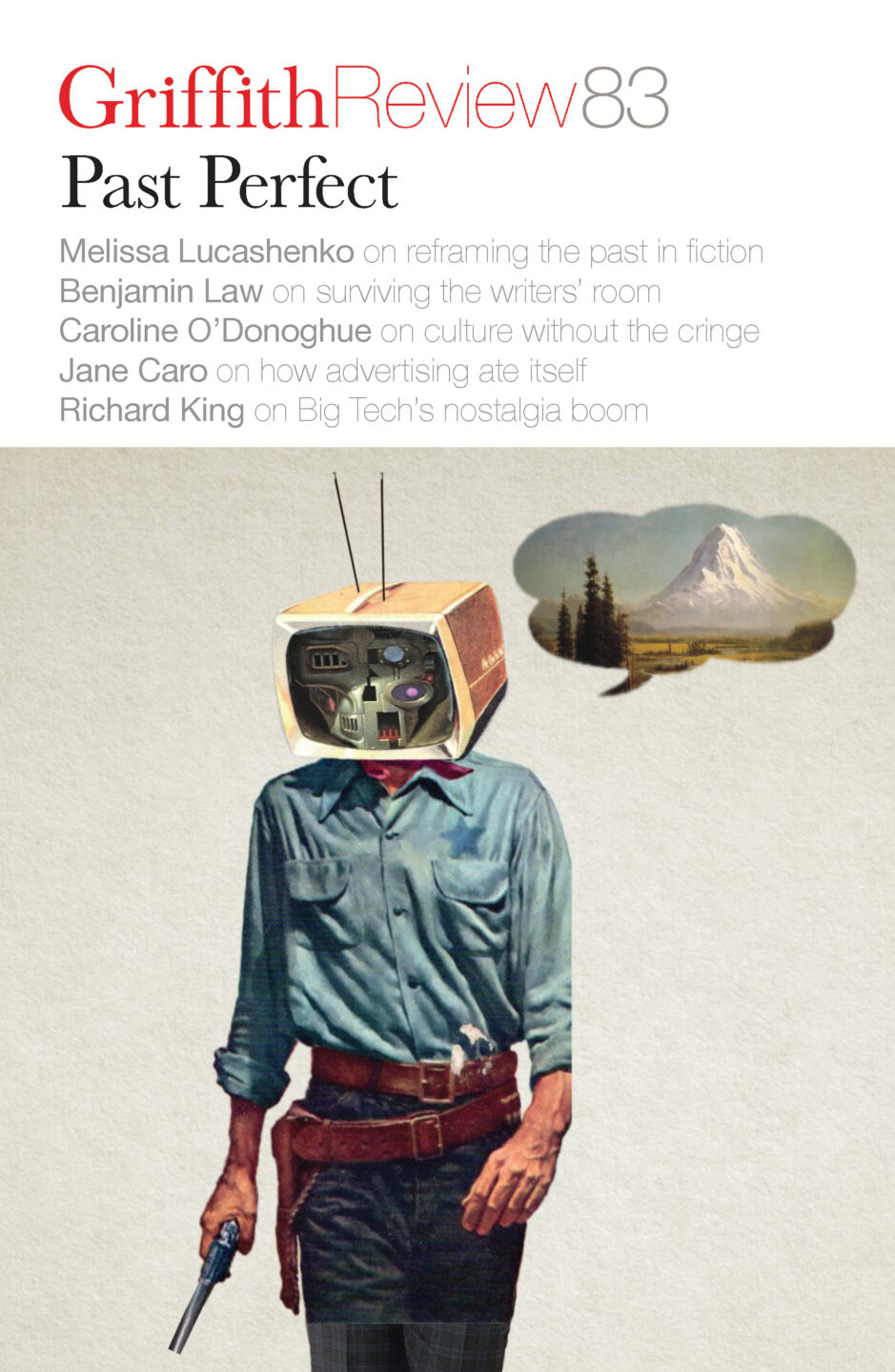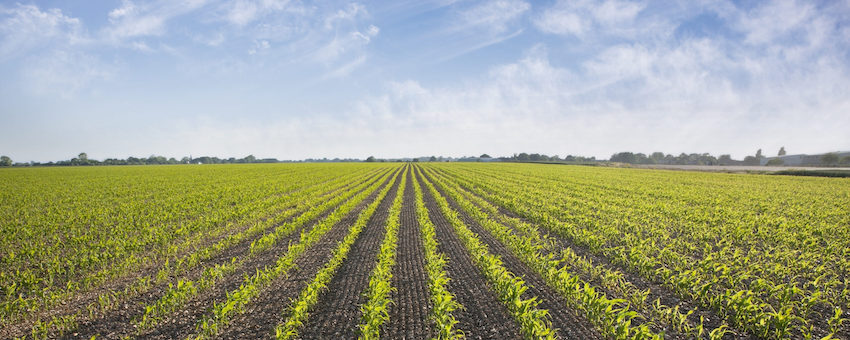Featured in

- Published 20240206
- ISBN: 978-1-922212-92-4
- Extent: 204pp
- Paperback, ePub, PDF, Kindle compatible


Already a subscriber? Sign in here
If you are an educator or student wishing to access content for study purposes please contact us at griffithreview@griffith.edu.au
Share article
About the author

Melinda Hinkson
Melinda Hinkson was the 2023 Mildura Writers Festival writer in residence. She is executive director of the Institute of Postcolonial Studies, Melbourne.
More from this edition

Cinema
Poetry I cry in the cinema Or not cry So hard that my head aches with the holding back Not in the film When those beside me weep Manipulated by...

Which way, Western artist?
Non-fiction Michael Zavros, Bad Dad 2013, oil on canvas, 110 x 150 cm INSIDE YOU THERE are two wolves. Their names are Mark Fisher and Camille...

The kiss
FictionThe name, when it came, sounded as if it had been uttered by somebody else. The man’s look shifted from one of mild affection to puzzlement. ‘Excuse me?’ He was still smiling, but it was a different kind of grin – the type of smile people offer a stranger who begs them for spare change.